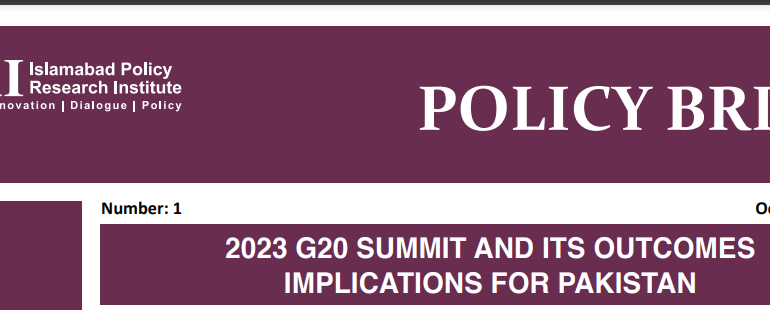Policy Brief 07/05/2024
The normalisation of relations between Saudi Arabia and Iran, brokered by China, can usher in an era of significant geopolitical dividends for the region as well as states like Pakistan. After a two year’s process of backchannel diplomacy supported by Iraq and Oman, both Riyadh and Tehran signed an agreement to restore diplomatic ties after those had hit a new low in 2016. However, given the fragility of this détente, the regional countries along with China and Pakistan should be aware of the possible spoilers. While the two regional powers still remain at loggerheads in Yemen on the issue of the Houthi rebels, this rapprochement could accrue significant geopolitical benefits. Challenges to this newfound harmony include lingering mistrust, geopolitical complexities, and external pressures, notably from the United States. The ripple effect of this reconciliation extends to Pakistan, offering a welcome respite from diplomatic pressures exerted by Arab nations. Resultantly, Pakistan and Iran can engage on various fronts. This could include bolstering bilateral trade, advancing the completion of the Iran-Pakistan (IP) gas pipeline, and fostering a deeper mutual understanding on border security. Importantly, these initiatives can be pursued without the diplomatic constraints imposed by Saudi Arabia


